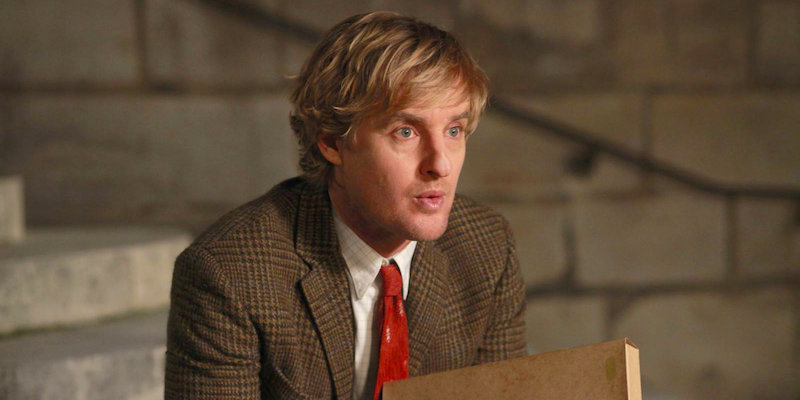
We all know the show “don’t tell” rule when it comes to film. However, certain filmmakers and films use dialogue so specifically that it creates its own poetry. These words tie into the visuals, become a motif for a character, or truly drive the story. Here are the best films of the decade that use dialogue to the fullest.
10. Three Billboards Outside Ebbing, Missouri (2018) – Martin McDonagh
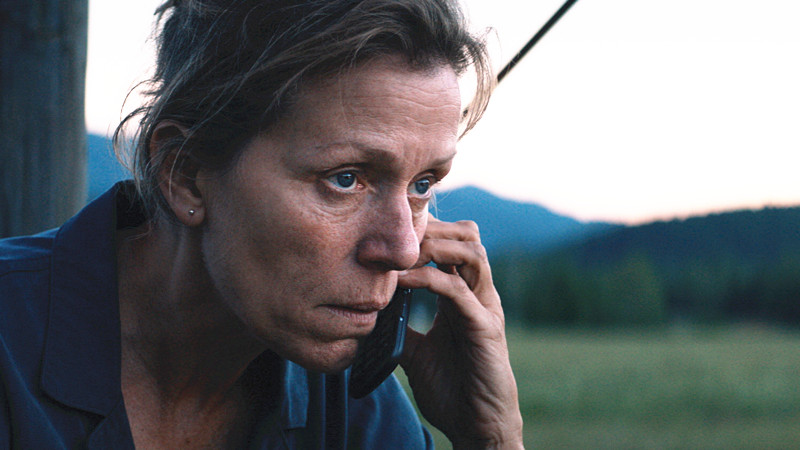
DESK SERGEANT: Don’t say ‘What’, Dixon, when she comes in calling you a fuckhead, and don’t you come in here . . .
MILDRED: Shut up! You! Get over here.
DIXON: No. You get over here.
MILDRED: Alright . . .
Martin McDonagh comes from theatre where he is very strict on the use of words, not allowing his actors to skip a beat or line. Thus, his third feature and the one that is the most critically acclaimed allows so many larger-than-life characters to operate in their own vocabulary. Sure, they are all from the Midwest, but each character is linked to their words, and of course, their actions.
Composed of monologues dealing with rape, racism, and death, nothing is off the table and nothing is too grim. However, McDonagh manages to add dark humor, as he usually does, for this dialogue-heavy film that certainly leaves a punch with its closing line.
9. Winter Sleep (2014) – Nuri Bilge Ceylan – Co-Writer: Ebru Ceylan
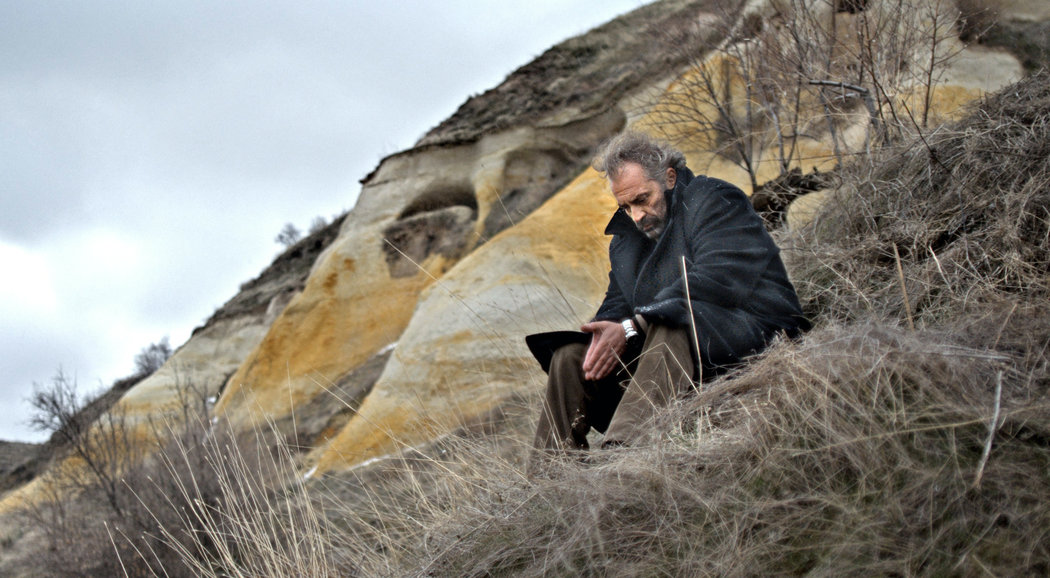
NIHAL: On the contrary, all their bad habits get even worse. So remaining silent in the face of evil does nothing but make the other feel even more justified.
NECLA: I think he regrets it now, too. That’s why I say this. I feel it.
NIHAL: You’re actually a well educated, honest, fair and conscientious man. But sometimes you use these virtues, to suffocate people to crush and humiliate them.
Just a sample of the interior and dialogue-driven film, described out of Cannes as the best film to read. Ceylan’s Chekhov-like language and criticism bleeds from all its characters. Whether it’s arguing about evil and morality over breakfast or drunkenly arguing about Shakespeare, it’s telling what the characters are thinking, feeling, and what they do.
The film intercuts over long conversations about heavy subjects. Sure, the discussion about the tragedy and consequences of the characters, though about the human condition and where these characters are at this given time, are discussed in full. Ceylan reached new heights with his language and exhausted the audience in emotion in the best possible way.
8. The Grand Budapest Hotel (2014) – Wes Anderson
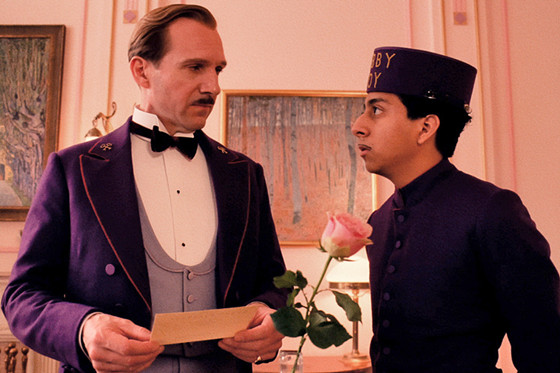
ZERO: Yes, sir.
M. GUSTAVE: She’s very fond of me, you know.
ZERO: Yes sir.
M. GUSTAVE: I’ve never seen her like that before.
ZERO: No sir.
M. GUSTAVE: She was shaking like a shitting dog.
ZERO: Truly.
No commas, words, or punctuation would want to be altered in a Wes Anderson film. Therefore, all of his crazy and zany characters here speak so precisely to this world, and it makes perfect sense to us. From the monologues on civilization, the fast-paced screwball rants, or the flashback romantic lyrical, it all adds to this remarkable story.
With far too many characters to name or quote from, they all seem to stem from the mind of one person – of course that being Anderson himself. But while the dialogue can be tragic, comedic, surrealist, or tense, it fuels this combination of words, and in a few different languages. Anderson does his best work here regarding dialogue amongst friends, foes, and new families.
7. Midnight in Paris (2011) – Woody Allen
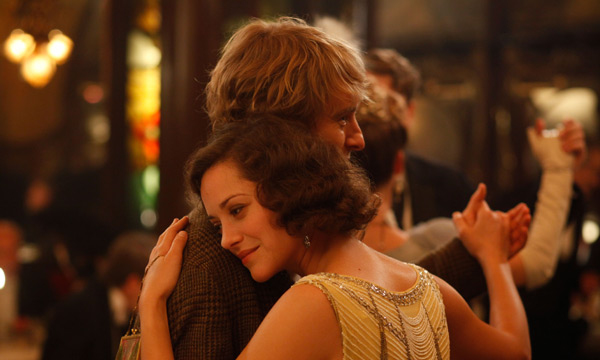
DALI: You like the shape of the rhinoceros?
GIL: A rhinoceros? I never thought about it.
DALI: I paint rhinoceros. I paint you – sad eyes – big lips – melting over hot sand – with one tear – yes – and in your tear – Christ’s face. Yes, and rhinoceros.
GIL: I’m sure I look sad. I’m in a very perplexing situation.
From dozens of literary and artistic figures that come across Gil – to Hemingway, Stein, Fitzgerald, and other surrealists – almost any conversation is quotable. Wilson as an Allen stand-in magically dazzles across Paris in different time periods, particularly the 1920s. Thus, we see how the era’s people speak differently, according to their own background.
Of course, it’s pure Woody Allen fashion with the existentialist dread wrapped around in neurotic humor, but with so many characters speaking their minds and many in their literary form, it’s impossible not to enjoy. Even in the modern period with contemporary figures arguing about art, love, and wine, Allen made one of his best this decade.
6. Marriage Story (2019) – Noah Baumbach
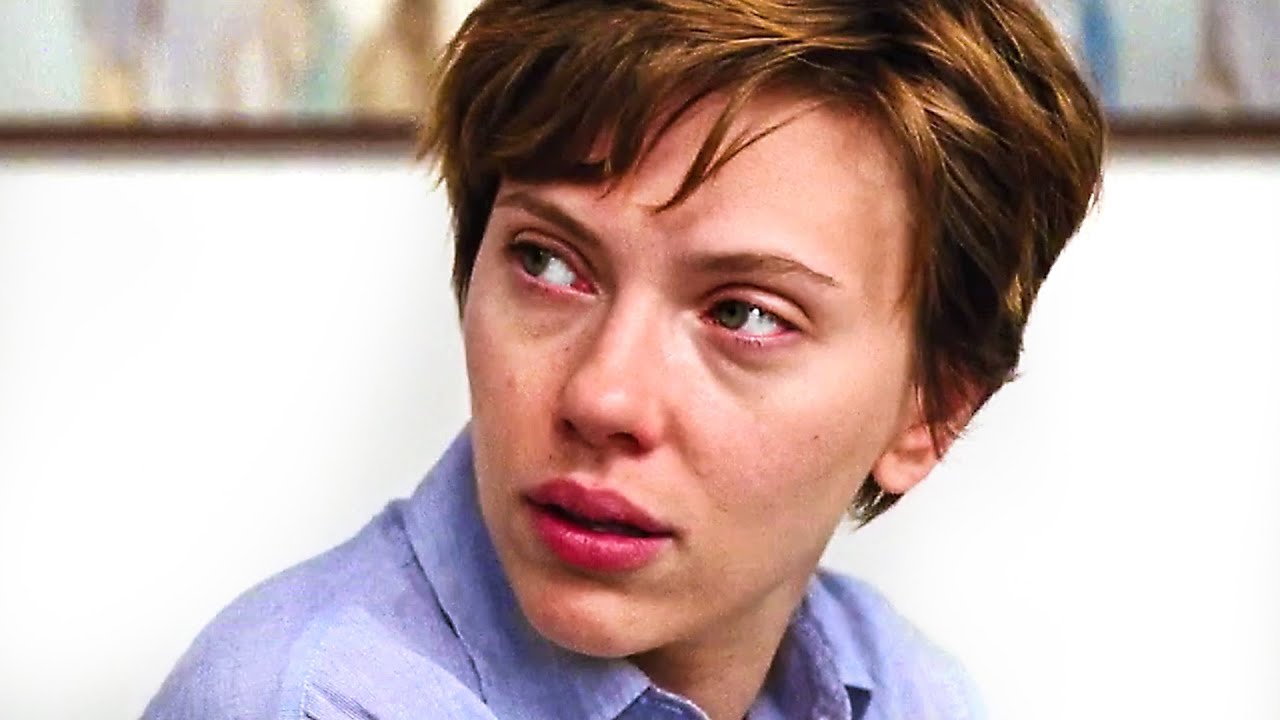
NICOLE: You’re being so much like your father.
CHARLIE: DO NOT compare me to my father.
NICOLE: I didn’t compare you. I said you were acting like him.
CHARLIE: You’re exactly like your mother! Everything you complain about her, you’re doing. You’re suffocating Henry.
NICOLE: First of all, I love my mother, she was a great mother. / CHARLIE: I’m just repeating what you’ve told me—
NICOLE: Secondly, how dare you compare my mothering to my mother? I might be like my father, but I’m NOT like my mother.
Whether pulling from semi-autobiographical roots, writing for the actors on screen, or just making a realistic film on love through divorce, Baumbach’s film is almost a culmination of his entire career in the best possible way. Throughout the story we see head-to-head arguments like the section above, or screwball menace in the kitchen, or straight one-liners, whether comedic or shattering.
The performances are par none as every actor, all the way to the theater group, secondary lawyers, and counselors, are note perfect. Nothing seems out of place despite feeling improvised or spontaneous; Baumbach is that meticulous with his words and with this film, and he proves he is able to do that.